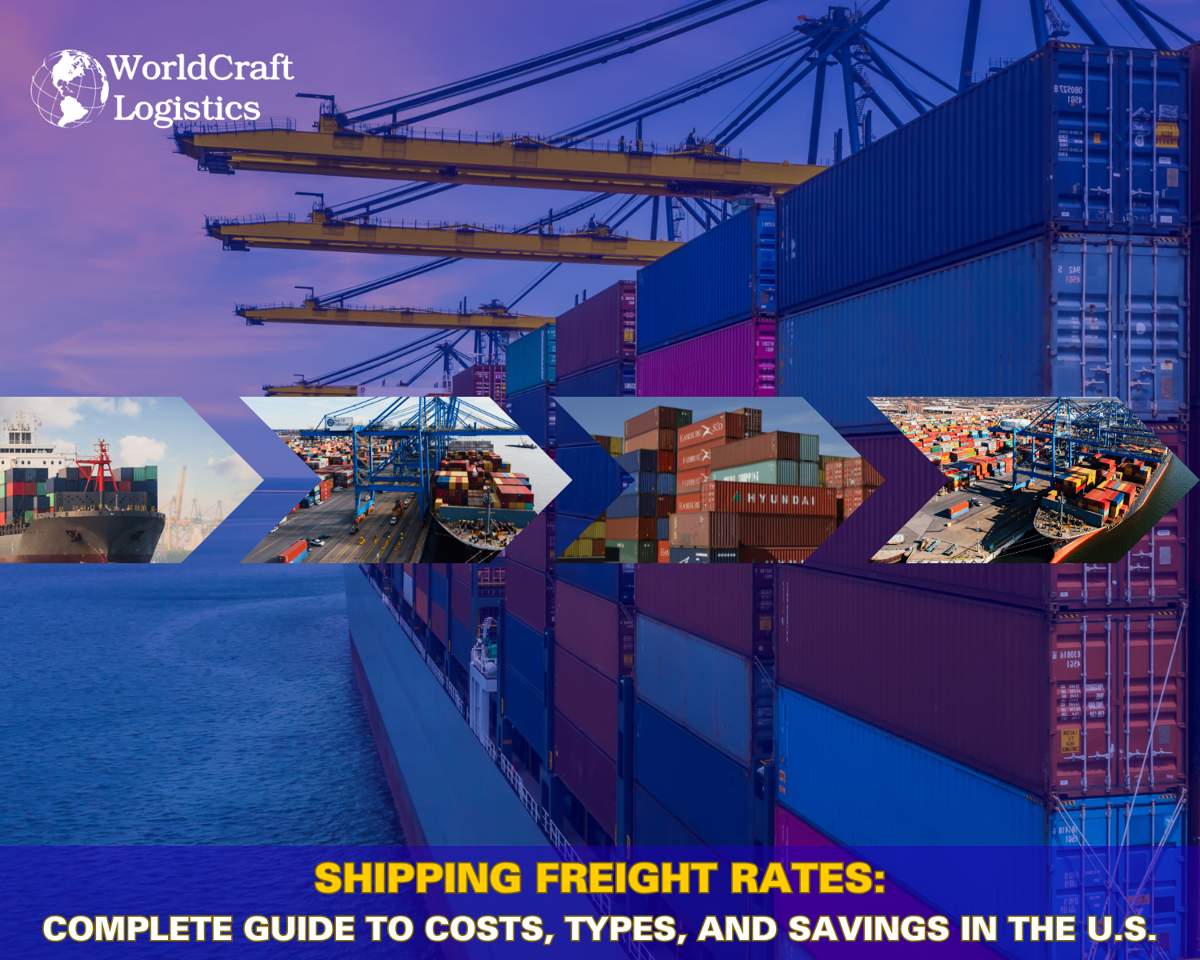
Starting June 1st, 2023 Our warehouse fee will be $0.65/cubic foot per month
In effort to lower the warehouse storage fee during inflation, we have went narrow aisle racking.This construction took us four months but the project is finally completed. With narrow aisle racking, we are able to drop storage by 24%.We as partners will go through this inflation together.
07/04/2024
The trucking industry provides various career paths, from mechanical maintenance to driving trucks for short or long hauls. Truckers deliver goods nationwide to businesses and individuals, with travel distances varying by trucker type, impacting their salaries and career prospects.
Understanding the distinctions between short and long haul trucking can guide your career decisions. In this article, we outline what short and long haul trucking entail and emphasize key similarities and differences.

Short haul trucking, or local trucking, involves driving smaller trucks within a 150-mile radius of their origin. Short haul truckers typically use smaller vehicles that navigate city roads more efficiently while staying within their designated radius. These truckers may deliver materials to construction sites, retail products from fulfillment centers, or food to grocery stores.

Long haul trucking, or "over the road" trucking, involves driving large trucks with heavy loads over long distances, typically spanning 250 miles or more from the point of origin. Many long haul truckers cover hundreds of thousands of miles annually, often traveling between cities, states, or across the country. These truckers primarily drive on highways rather than city roads.
Read more:
👉 The 5 BIGGEST differences between FTL and LTL shipping
👉 What is a Freight Truck? The different types and what they haul
👉 Transportation Management System (TMS): Useful knowledge & guide for beginner

While short and long haul trucking share similarities, key differences between the two professions can help you decide which aligns with your goals. Here are some common differences between short and long haul trucking:
One of the main distinctions between short and long haul truckers is the amount of time each spends away from home. Short haul trucking often involves working a single day shift and returning home each night. In contrast, long haul trucking requires drivers to be on the road for several days, weeks, or even months, depending on the load and its destination.
Consider how much time you're willing to spend away from home and loved ones before choosing a short or long haul trucking position. If you enjoy traveling or prefer long stretches on the road, long haul trucking might be ideal. Conversely, short haul trucking is a good career option if you want to stay within your city or state.
There are key salary differences between long haul and short haul truckers. Due to longer distances and extended periods away from home, over the road truckers earn higher salaries. On average, a long haul trucker earns around $81,314 per year. In contrast, a short haul truck driver makes an average salary of around $66,630 per year. Some companies compensate their drivers per mile driven, while others offer a base salary for each driver.
Short and long haul truck drivers share many duties, including obeying traffic laws, monitoring load safety and security, handling vehicles properly, and performing data entry. However, short and long haul truckers have key differences in their duties, which include:
- Service logging: Many truck drivers log their hours of service for compensation, but this rule doesn't apply to most short haul drivers. Long haul drivers typically spend more hours in the truck and on the road.
- Number of stops: Short haul drivers can make anywhere from two to six stops per day depending on their route and loads. Long haul drivers might make just one or two stops every few days or weeks.
- Traffic laws: Long haul drivers spend most of their time on highways, whereas short haul drivers operate on city streets. While both obey traffic laws, long haul drivers adhere to highway-specific laws that may not apply to short haul drivers.
- Truck maintenance: Both short and long haul truck drivers monitor their vehicles for maintenance, but maintenance requirements for heavier vehicles can differ from those for smaller, lighter short haul vehicles.
- Loading and unloading: Both long and short haul truckers assist in loading and unloading their vehicles. Short haul truckers might perform this action several times per day, whereas long haul drivers might only load and unload their trucks once every week.
Short and long haul truck drivers have different training requirements. Both short and long haul drivers need a CDL, or commercial driver's license, but long haul drivers typically need more training for longer drives.
Most companies offer a three- to six-month driving course for long haul drivers. They can also attend a private truck driving academy. The course includes traffic laws, truck operation, and laws specific to heavy loads and larger vehicles.
Both long and short haul truck drivers spend most of their time inside a vehicle that is typically temperature-controlled. However, short haul truck drivers might have more exposure to weather conditions due to frequent deliveries throughout the day. Additionally, long haul drivers can become more prone to sleep deprivation after driving for long periods of time, but there are laws to protect them. For instance, drivers cannot operate their vehicle for more than 11 hours in a single day and must have 10 hours off between long drives.

In the realm of trucking careers, both long haul and short haul routes offer distinct advantages. Depending on your career aspirations, one path may align better with your objectives. Here are key considerations for choosing between long haul and short haul trucking:
- Assess your availability away from home. Long haul drivers often face extended periods away, ranging from weeks to months.
- Factor in your financial ambitions. Long haul drivers typically command higher salaries, reflecting the commitment to extended time on the road.
- Prepare for increased expenses associated with long haul journeys, such as dining out, personal care, and lodging if not sleeping in your truck.
SEO
Digital Marketing/SEO Specialist
Simon Mang is an SEO and Digital Marketing expert at Wordcraft Logistics. With many years of experience in the field of digital marketing, he has shaped and built strategies to effectively promote Wordcraft Logistics' online presence. With a deep understanding of the logistics industry, I have shared more than 500 specialized articles on many different topics.

Education
01/05/2025

Education
02/18/2025

Education
01/01/2024

Education
09/09/2025

Education
08/28/2024